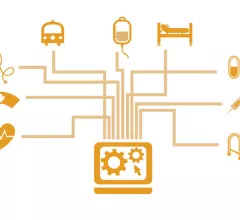In the past month, two studies came to very different conclusions when examining if the human brain is capable of growing new neurons later in life. The first, published March 7 in Nature, found no evidence of neurogenesis in individuals older than 13 years old. But another study, released April 5 in Cell Stem Cell, claimed to find neuron generation in all the brains examined.




